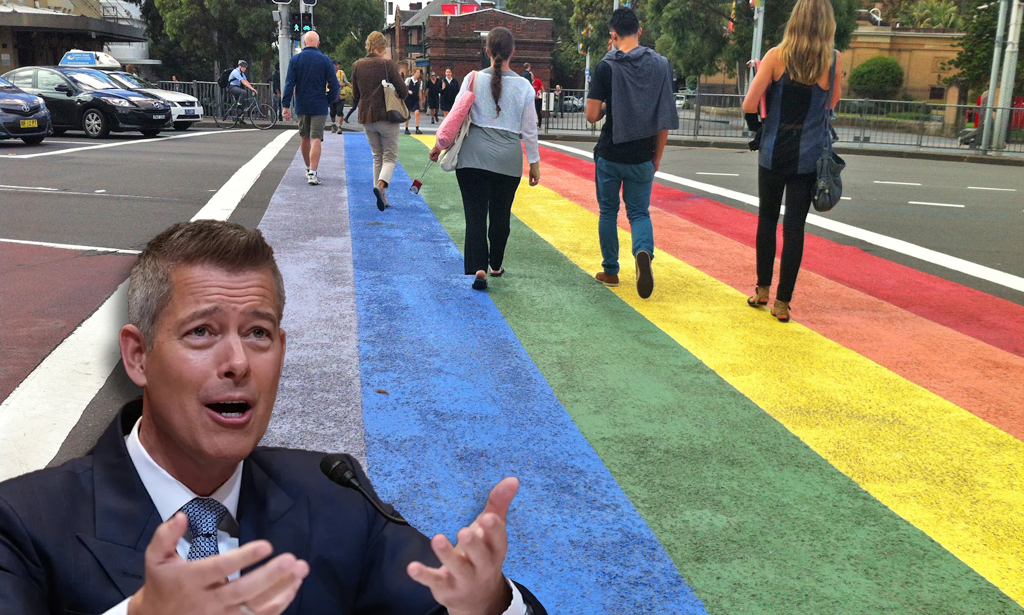The idea that cities are greener than suburbs has gotten a lot of attention lately. But a recently published book argues that in a future of diminishing resources, cities themselves are going to have to become much more efficient and inventive if they are to be sustainable -- indeed, if they are to survive at all.
The book is "Resilient Cities," by Peter Newman -- the man who coined the term "automobile dependence" -- Timothy Beatley and Heather Boyer. As Streetsblog Network member The Dirt (the blog of the American Society of Landscape Architects) writes, Newman and his colleagues say that some radical changes will be necessary if the world's cities are to avoid the worst-case scenarios of division or collapse:
Solar Settlement, in Freiburg, Germany. Photo via Young Germany.
"Resilient Cities"…presents a range of options to help adapt cities to lessen a dependence on petroleum, and create more resilient urban areas. The authors argue that the urban centers that may best survive a climate and energy crisis are those that engage in long-term planning and design for resiliency, and create sustainable, inter-connected modes of transportation; invest in renewable energy technology and smart grids; support walkable, high-density living; and provide for self-sufficient food production and protection of urban biodiversity.… "It is clear that the changes needed for a resilient city are not just technology substitutions, they are in the business paradigms, the culture of the utilities, and the organization that can enable new ways of managing our cities; every household needs to be a part of it."…
According to Newman and his co-authors, "cities throughout history have competed by examining innovations in other cities and building upon them. This [...] is the basis of wealth creation. We see the the response to climate change and peak oil as the impetus for the next burst of innovation." “Resilient Cities” also outlines a set of specific recommendations for making existing cities more adaptable to changes in climate and energy usage.
The authors write about many concrete models of cities such as Freiburg, Germany, that are implementing the types of initiatives they deem necessary. But will the world's cities be able to act decisively in time to save themselves? In the US, at least, they face some formidable obstacles. Let us know what you think in the comments.
Other food for thought from around the network: Orphan Road has a post on environmentalist NIMBY-ism; Bike Portland reports on signs of bikes going mainstream in that city; and Austin Contrarian weighs in on whether congestion tolls are regressive.





